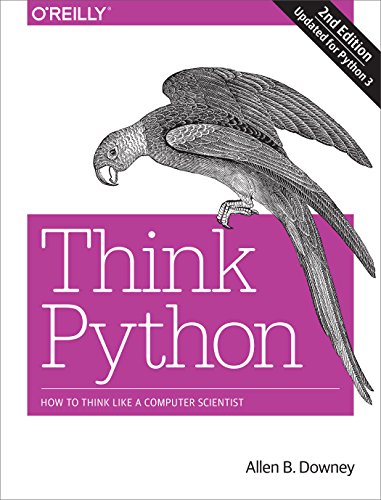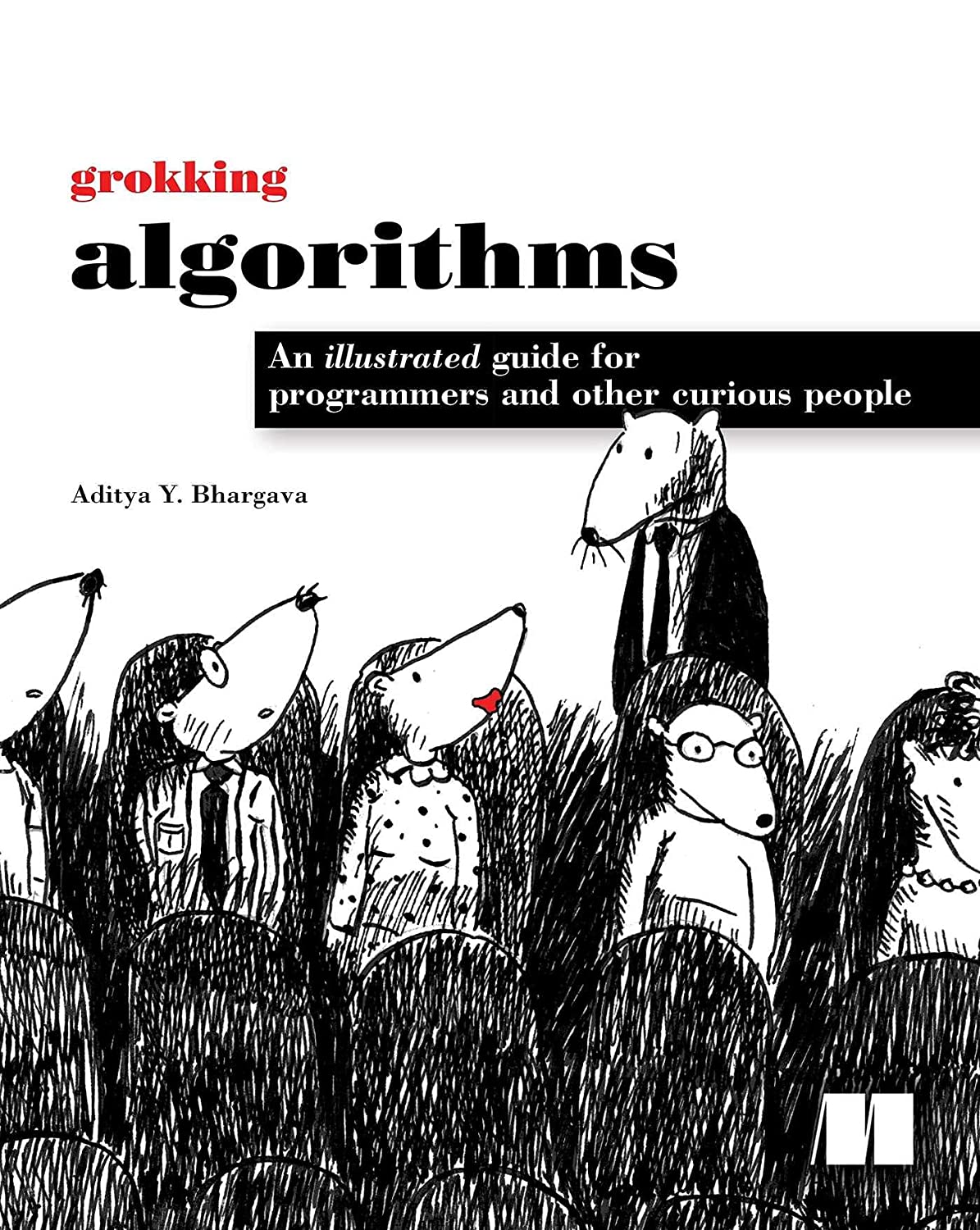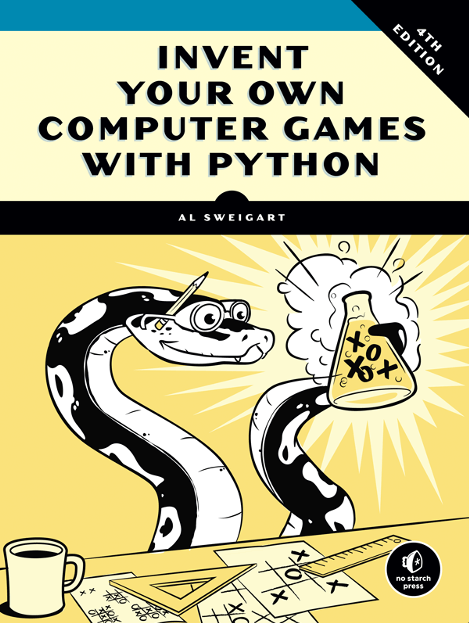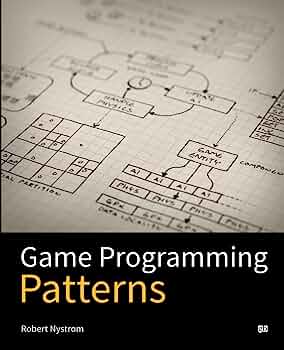Course Book
There are several books these classes are taken from. All these books are freely available at the following links:
- Think Python, 2nd Edition
- Grokking Algorithms An illustrated guide for programmers and other curious people
- Invent Your Own Computer Games with Python, 4th Edition
- Game Programming Patterns
Below, a detailed description of our best picks!
... simply, Think Python!We will follow this book closely, the slides are only a guide. Why this book? According to the Author's Preface, this book:
|
Grokking Algorithms: An illustrated guide ...To illustrate some of the most advanced algorithms. Why this book? From the Author's own words:
|
Invent Your Own Computer Games!This introduces the basics of pygame and game design. Why this book? When the Author was a kid:
|
Game Programming PatternsTo help, with a collection of design patterns found in video games. Why this book? What the Author's says:
|



